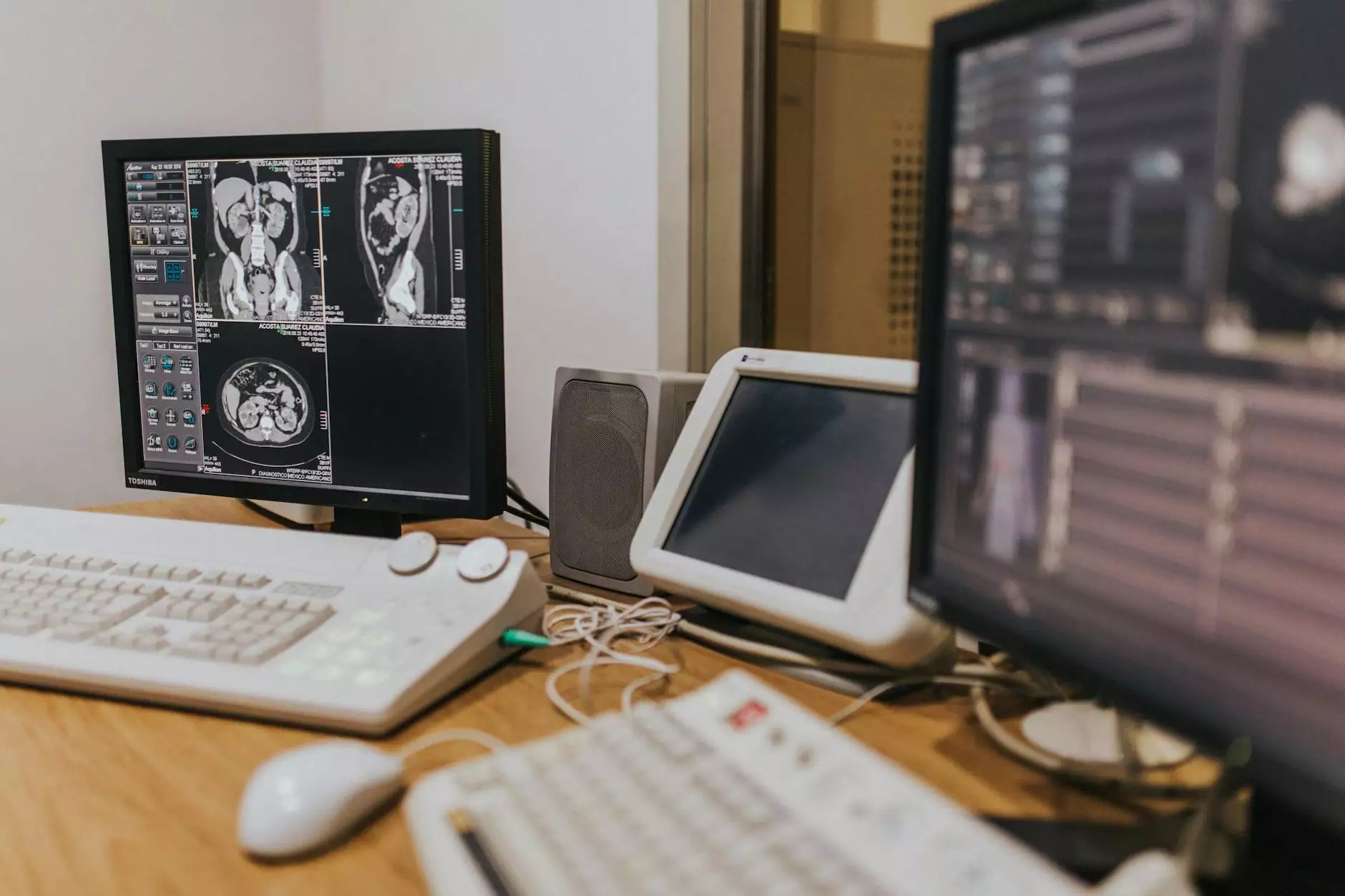Comprehensive MRI Services: Transforming Diagnostic Imaging

Diagnostic imaging plays a crucial role in modern healthcare, allowing for the accurate assessment of medical conditions and guiding treatment plans. One of the most pivotal advancements in this field is the use of MRI services. Magnetic Resonance Imaging (MRI) has transformed the way medical professionals diagnose and understand a wide range of health issues, from neurological conditions to musculoskeletal injuries.
Understanding MRI Technology
The MRI service is a non-invasive imaging technique that utilizes strong magnetic fields and radio waves to create detailed images of organs and tissues within the body. Unlike X-rays and CT scans, MRIs do not involve ionizing radiation, making them a safer option for patients, particularly for those requiring multiple scans over time.
The Importance of MRI Services in Healthcare
MRI services offer unparalleled advantages in diagnostics. Here are some reasons why they are essential in today's medical landscape:
- High-resolution images: MRI provides detailed cross-sectional images, allowing for excellent visualization of soft tissues, muscles, and the brain.
- Non-invasive: The procedure is painless and does not require any incisions, translating to a lower risk of complications.
- Versatile applications: From diagnosing brain tumors to joint abnormalities, MRI is employed in various medical specialties.
- Functional imaging: Advanced MRI techniques, like fMRI, can measure brain activity by detecting changes in blood flow.
How MRI Services Enhance Patient Care
By integrating MRI services into diagnostic protocols, healthcare providers can significantly enhance patient care. Here’s how:
1. Early Detection of Diseases
Early diagnosis is paramount in the effective treatment of many conditions. MRI services can detect abnormalities at their earliest stages, leading to timely intervention and better prognoses. For example, brain lesions and tumors can be identified much earlier with MRI than with traditional imaging techniques.
2. Monitoring Treatment Progress
For patients undergoing treatment for certain conditions, regular MRIs can demonstrate how well treatment is working. This capability provides valuable feedback and can guide adjustments to treatment plans as necessary.
3. Personalized Medicine
With advanced imaging technologies, healthcare professionals can tailor treatments to individual patient needs, improving effectiveness and reducing side effects. MRI plays a crucial role in understanding the specific characteristics of a patient's condition.
Types of MRI Services Available
Various types of MRI scans can cater to specific diagnostic needs:
- Closed MRI: The most common type, where patients lie inside a large tube. It is ideal for most imaging needs.
- Open MRI: For patients with claustrophobia or anxiety, an open MRI offers a more comfortable experience.
- Functional MRI (fMRI): Utilized to study brain activity and function, it’s important for research and understanding neurological conditions.
- Cardiac MRI: Specifically designed to evaluate heart conditions, providing insights into the heart's structure and function.
- MRI arthrogram: A combination of MRI and injected contrast material to visualize joint structures in greater detail.
The Patient Experience: What to Expect During an MRI Scan
Patients often have questions and concerns about what to expect during an MRI scan. Here’s an overview of the typical procedure:
Pre-scan Preparations
Before undergoing an MRI, patients should inform their doctor and the MRI technician about any medical conditions, allergies, or implants. Certain devices, like pacemakers or cochlear implants, may affect eligibility for an MRI scan.Additionally, patients may be asked to avoid eating or drinking for a certain period prior to the scan.
The MRI Procedure
During the scan, patients will lie down on a comfortable table that slides into the MRI machine. It’s crucial to remain still to ensure the images are clear. The scan lasts anywhere from 15 to 60 minutes, depending on the complexity of the images required.
Post-scan Expectations
After the MRI, patients can immediately resume normal activities, including eating and drinking. The results will be sent to the referring physician, who will discuss the findings and the next steps in care.
Why Choose Echo Magnet Services for Your MRI Needs?
At Echo Magnet Services, we prioritize patient comfort and safety while delivering high-quality MRI services. Here are some of the reasons to choose us:
- State-of-the-art equipment: Our facilities are equipped with the latest MRI technology to ensure precise imaging.
- Experienced team: Our team consists of certified radiologists and MRI technicians dedicated to providing exceptional care.
- Comprehensive support: We guide patients through every step of the MRI process, ensuring a smooth experience.
- Patient-centered approach: We prioritize your health and comfort, tailoring our services to meet your unique needs.
Conclusion: The Future of MRI Services
The evolution of MRI services represents a significant leap forward in medical diagnostics. With continuous advancements in technology, the future looks promising for patients requiring diagnostic imaging.
From improving early detection rates to facilitating personalized treatment plans, MRI plays a pivotal role in enhancing healthcare outcomes. As we continue to embrace innovation in this field, the effectiveness of MRI services will only grow, ultimately benefiting patients and healthcare providers alike.
Now is the time to take advantage of the comprehensive diagnostic capabilities offered by Echo Magnet Services. Embrace the future of healthcare with our state-of-the-art MRI services that prioritize accuracy, safety, and patient well-being.



